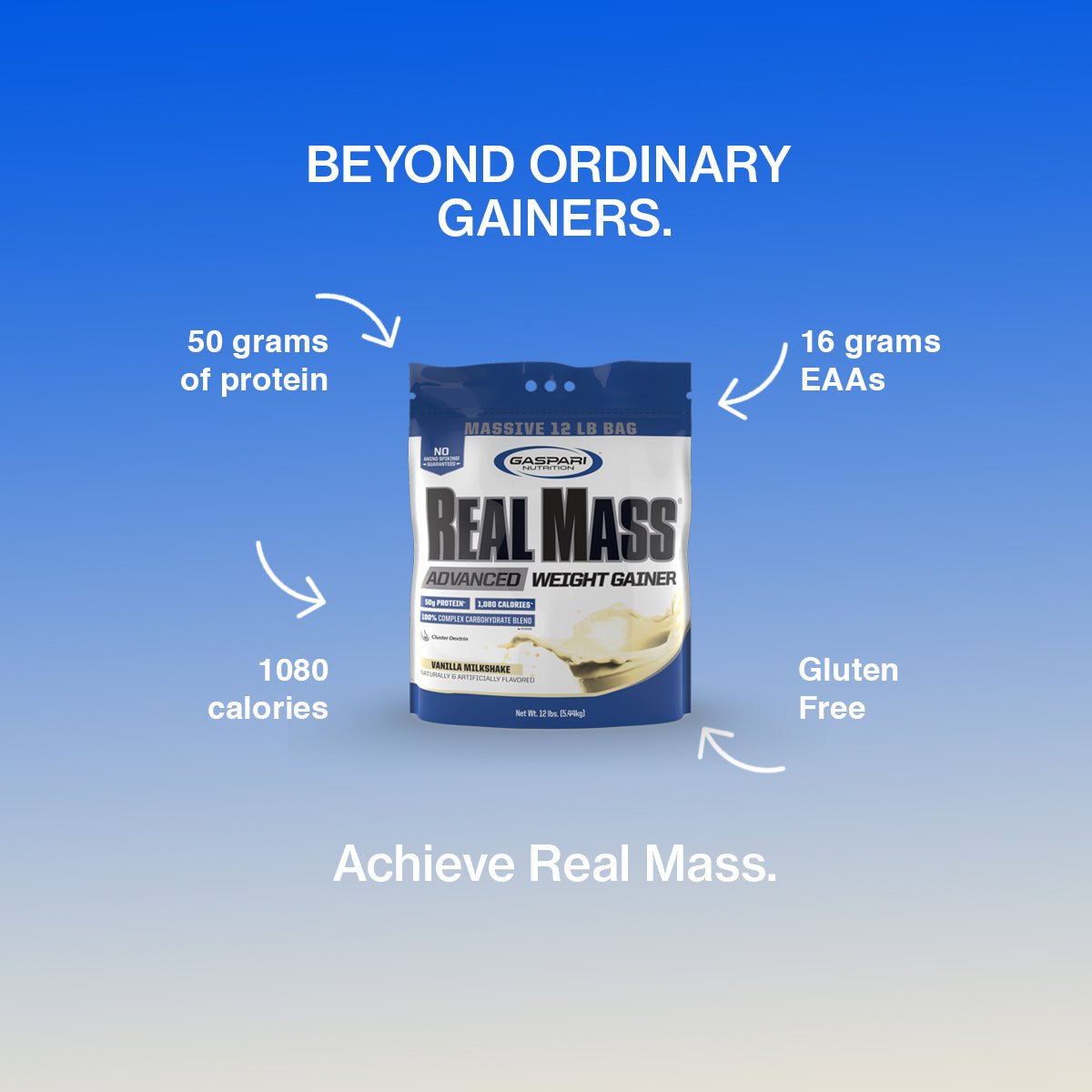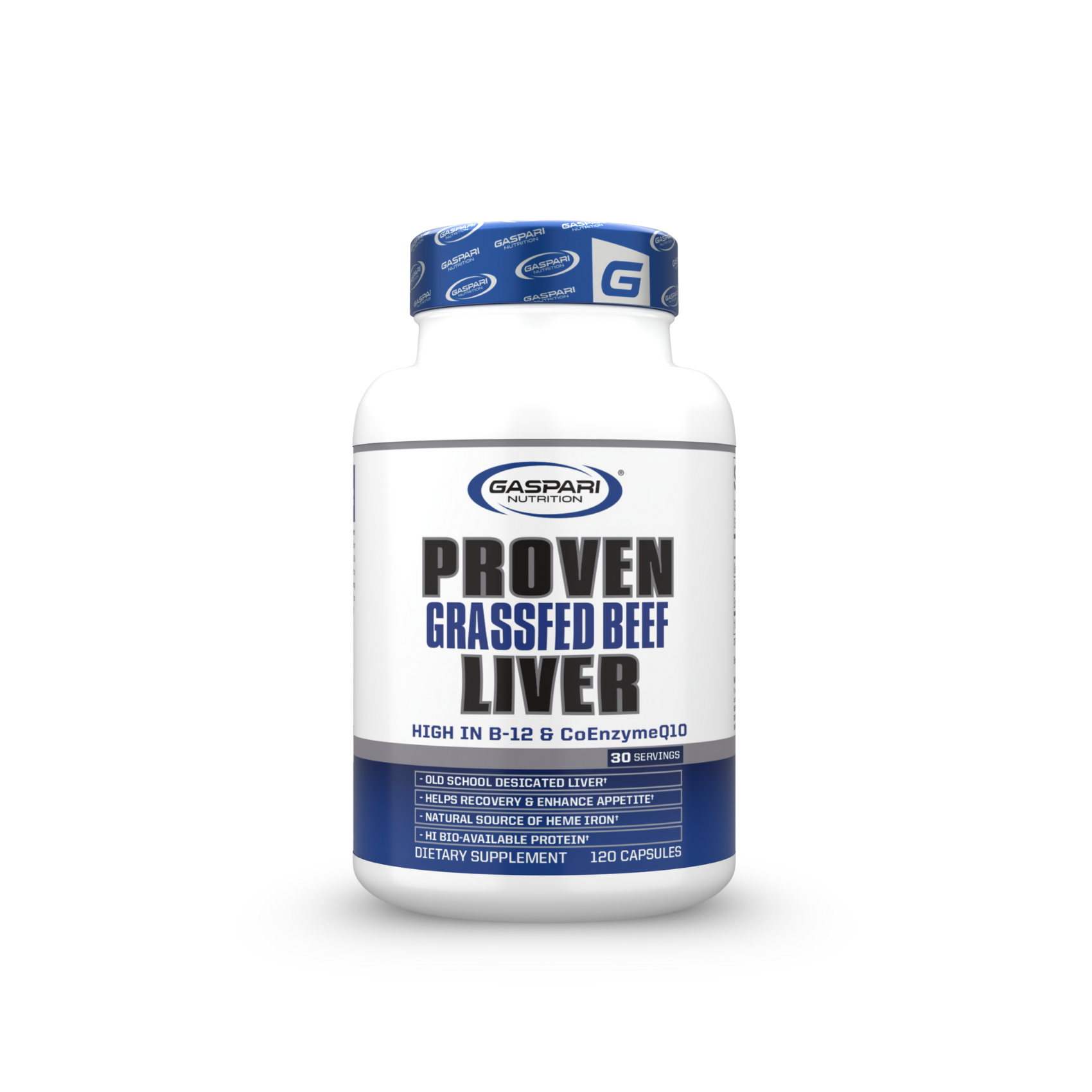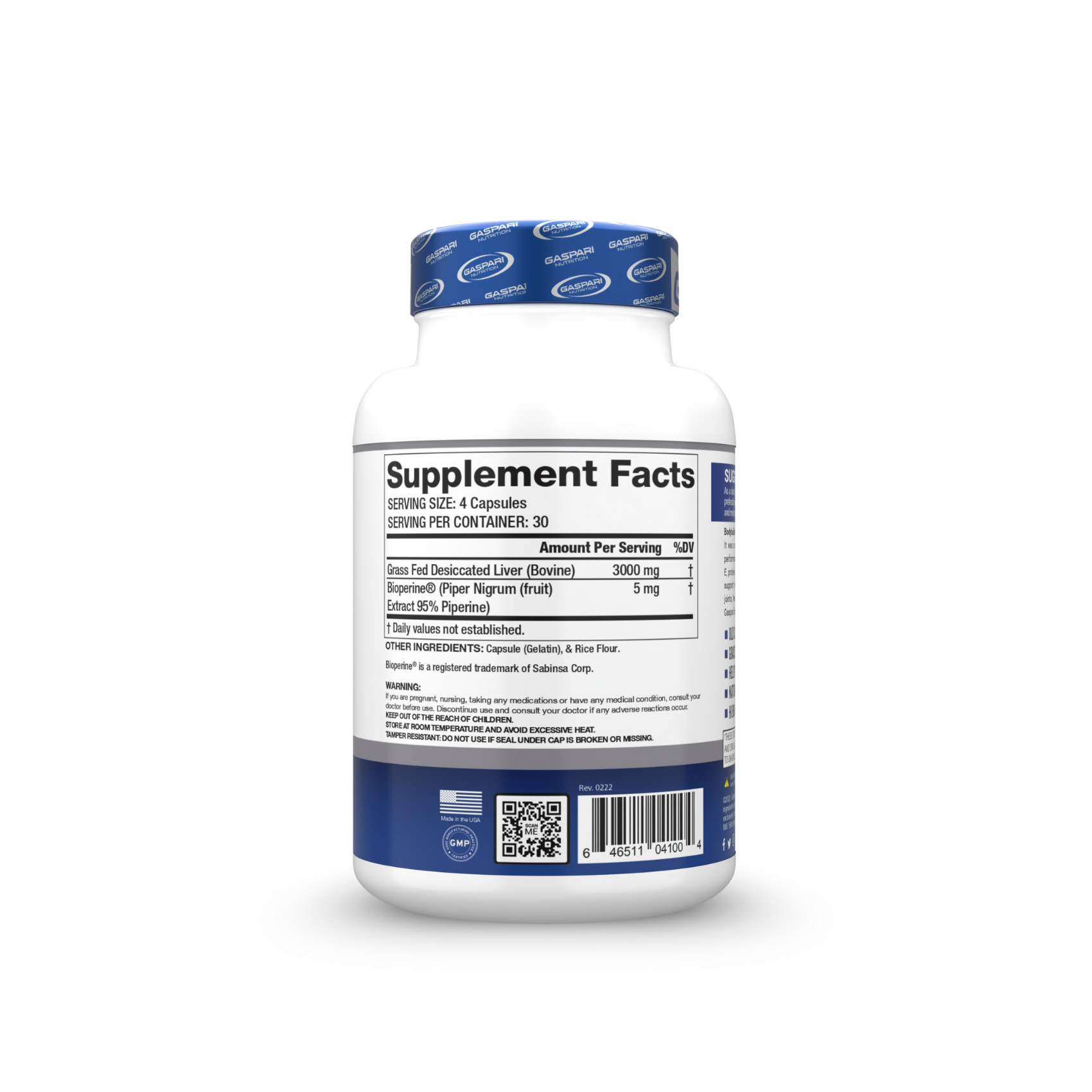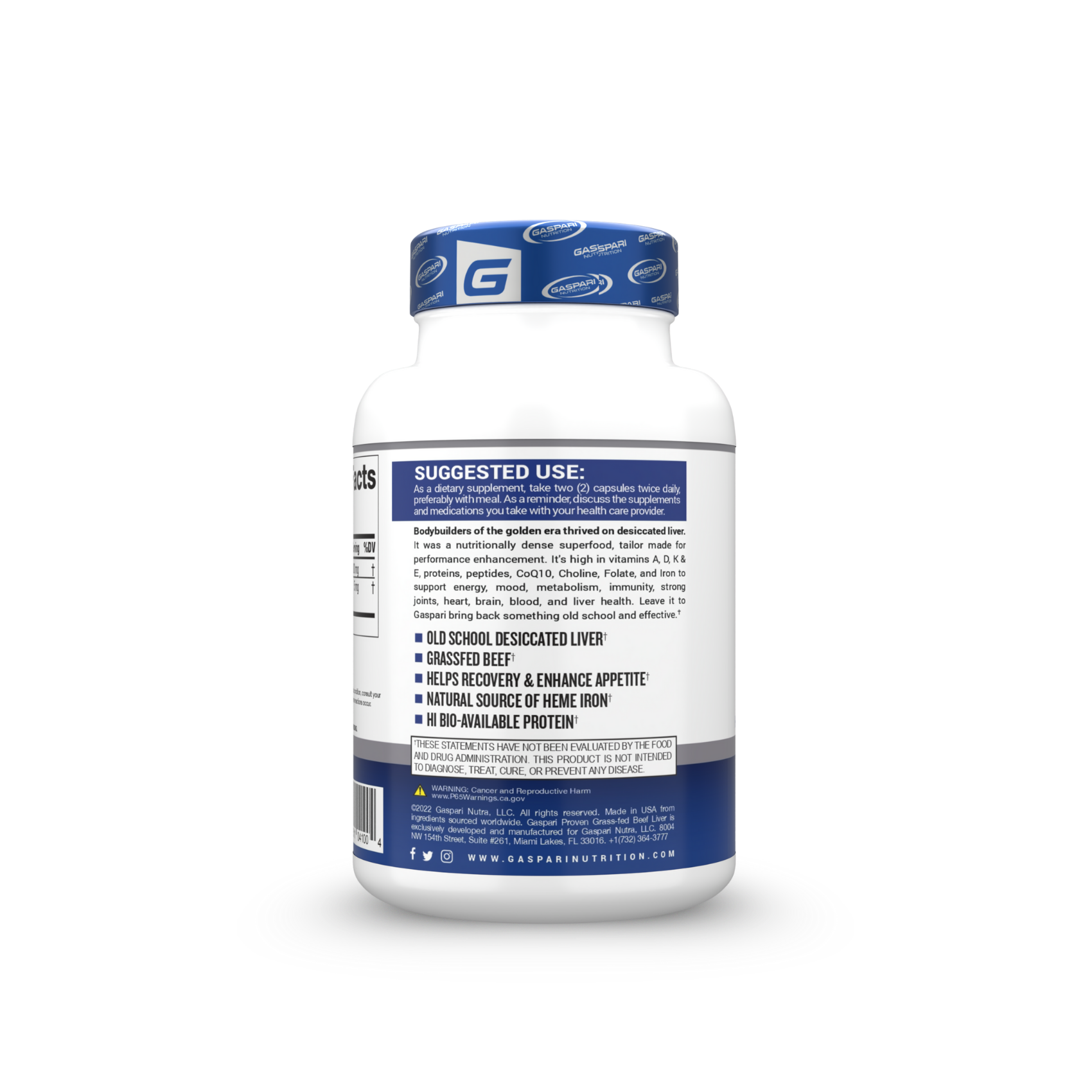Why Is Everyone Talking About Beta-Alanine? Here's What It Really Does for Your Body
If you're into fitness, chances are you've come across beta-alanine—whether in your pre-workout formula, sports drink, or supplement stack. It's one of the most talked-about ingredients in the fitness world, and for good reason. But before jumping on the bandwagon, it’s important to understand what beta-alanine actually does for your body—and why so many athletes and gym-goers swear by it.
What Is Beta-Alanine?
Beta-alanine is a non-essential amino acid. That means your body can make it on its own. Unlike other amino acids, it’s not used to build proteins. Instead, beta-alanine has one very important job—it helps increase the level of a substance called carnosine in your muscles.
Carnosine acts like a buffer against acid in your muscles. When you exercise hard, your muscles produce acid, and this acid can make them tired and sore. Carnosine helps reduce that acid, so your muscles don’t burn out as quickly.
But here’s the catch: your body needs enough beta-alanine to make carnosine. That’s where supplements come in.
How Does Beta-Alanine Work?
Let’s break it down step by step:
- You take a beta-alanine supplement (capsule or powder).
- Beta-alanine travels to your muscles.
- It combines with another amino acid called histidine.
- Together, they form carnosine.
- Carnosine helps control the acid levels in your muscles.
- Less acid = less fatigue = better performance.
So, beta-alanine doesn’t give you instant energy like caffeine. Instead, it helps your muscles work better for longer periods, especially during high-intensity workouts.

What Are the Benefits of Beta-Alanine?
Here’s what beta-alanine can do for your body:
1. Improves Exercise Performance
Beta-alanine helps you push through tough sets or high-speed workouts. If you’re lifting weights, sprinting, or doing intense cardio, it can delay muscle fatigue and let you train harder.
2. Boosts Muscle Endurance
It’s great for activities that last between 1 to 4 minutes, like rowing, boxing rounds, CrossFit, or HIIT sessions. You’ll notice that your muscles don’t give out as quickly.
3. Reduces Muscle Fatigue
That burning feeling in your muscles? That’s from acid buildup. Beta-alanine increases carnosine levels, which helps fight that burn and keeps you going longer.
4. Supports Lean Muscle Growth
While beta-alanine doesn’t directly build muscle, it helps you train harder and longer. More intense workouts can lead to better muscle growth over time.
5. Works for All Fitness Levels
Whether you’re a beginner or a pro athlete, beta-alanine can support your fitness journey. It’s used in various sports like weightlifting, running, cycling, and team sports like football and basketball.
When and How Should You Take Beta-Alanine?
To get the full benefits, beta-alanine needs to build up in your system. It doesn’t work instantly like some other pre-workouts.
Dosage:
- Most studies suggest taking 3.2 to 6.4 grams per day.
- You can split the dose into smaller servings throughout the day to avoid tingling (a common side effect).
Timing:
- You can take it with or without food.
- Consistency is key. Take it every day, even on rest days, for at least 2–4 weeks to feel a difference.
Are There Any Side Effects?
Beta-alanine is safe for most people, but there’s one harmless side effect you might notice:
Tingling Sensation (Paresthesia)
- This is a common feeling on the skin (like tingles or itching), especially on the face, neck, or hands.
- It usually happens when you take a high dose at once.
- It’s completely safe and goes away on its own in about 15–30 minutes.
Tip: If it bothers you, try smaller doses spread throughout the day.

Can You Get Beta-Alanine from Food?
Yes, but only in small amounts. Beta-alanine is found in animal-based foods like:
- Chicken
- Turkey
- Beef
- Fish
But here’s the thing: even if you eat these regularly, the amount of beta-alanine from food alone may not be enough to significantly raise your carnosine levels. That’s why many athletes choose to supplement.
Who Should Consider Taking Beta-Alanine?
You might benefit from beta-alanine if you:
- Do high-intensity training (HIIT, sprinting, weightlifting)
- Compete in endurance sports like rowing, cycling, or swimming
- Want to increase training volume and delay fatigue
- Feel that your muscles burn out too quickly
- Are looking for a non-stimulant performance boost
It’s also a great choice if you’re already using creatine or other supplements and want to take your performance up a notch.
Thinking About Trying It?
Beta-alanine may not be as flashy as some other supplements, but its effects are real and well-researched. By increasing carnosine levels in your muscles, it helps you fight fatigue, boost endurance, and train harder.
It won’t work overnight, but with consistent use, you’ll likely notice a difference in how long and how hard you can push your workouts.
- Beta-alanine is a non-essential amino acid that boosts carnosine in your muscles.
- It helps reduce muscle fatigue and improves workout endurance.
- Best for high-intensity, short-duration activities like weight training and sprinting.
- Safe for most people, though it may cause a tingling sensation.
- Works best when taken daily for a few weeks.
If you're ready to try beta-alanine, look for supplements that offer clinical doses (around 3.2g/day). It’s also found in many pre-workouts, so check the label before stacking it with anything else.
Let your workouts speak for themselves—give beta-alanine a shot and feel the difference!























































































Share:
Whey vs. Egg Protein: Unveiling the Optimal Choice for Athletes' Muscle Building
When to Take L-theanine: Timing and Benefits Explained